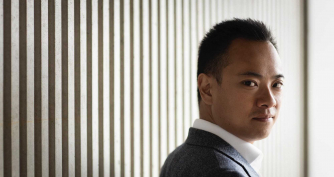Details
St John's Church
73 Waterloo Road
Waterloo
London
SE1 8TY
England
Programme
Sergei Rachmaninov – Piano Concerto no.3, Op.30
Dmitry Shostakovich – Symphony no.10 in E minor, Op.93
Performers
Paul Wee – piano
Raffaello Morales – Conductor
Fidelio Orchestra
Other concerts in this Series (+)
Programme Note
Pianist-barrister Paul Wee, whose recordings for BIS have attracted much praise, is the soloist for Rachmaninov’s mythical third piano concerto, a piece that since its appearance in 1909 has caused many sleepless nights to the best interpreters for almost a century.
The music of Sergej Rachmaninov seems to merge the many cultures its author would be exposed to throughout his life. The Russian childhood, the fascination for Europe, the American exile, the Middle-Eastern harmonies. Dismissed by many critics as a sideshow to the great experimental musical output of the first half of the twentieth century, the undeniable charm of Rachmaninov’s works calls for a reassessment of the intellectual solipsism that the cultural hegemony has, for too long, imposed on posterity, to the detriment of the cultural advancement of societies.
Shostakovich published his tenth symphony after Stalin’s death, in 1953, but it is not ascertained whether many of its elements had already been with written long before. What is undeniable is the fact that Shostakovich went back to the symphonic form after a break of eight years, some of his previous works in this form having been harshly criticised by the government. This work surely marks a return of the composer to a very personal style, independent from the restrictions imposed by the regime and by Stalin himself.

 Your events at Classical Events
Your events at Classical Events

